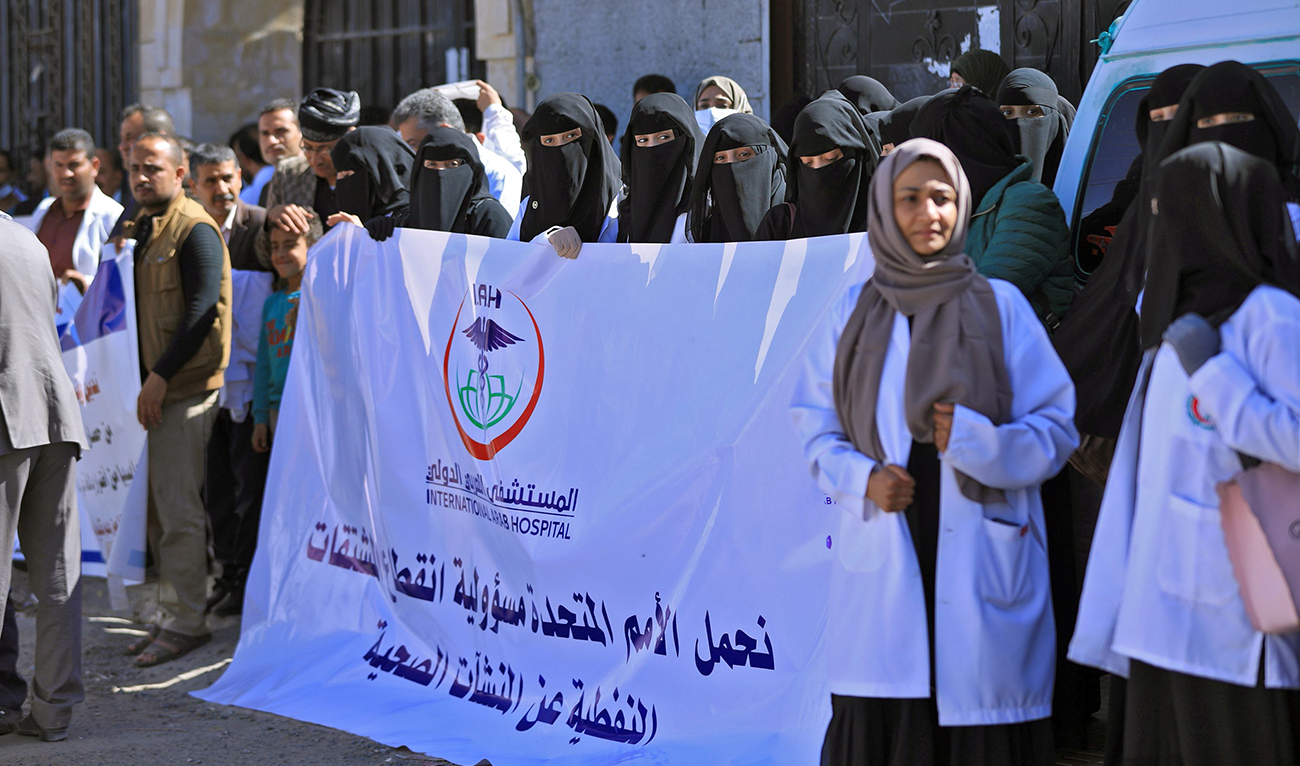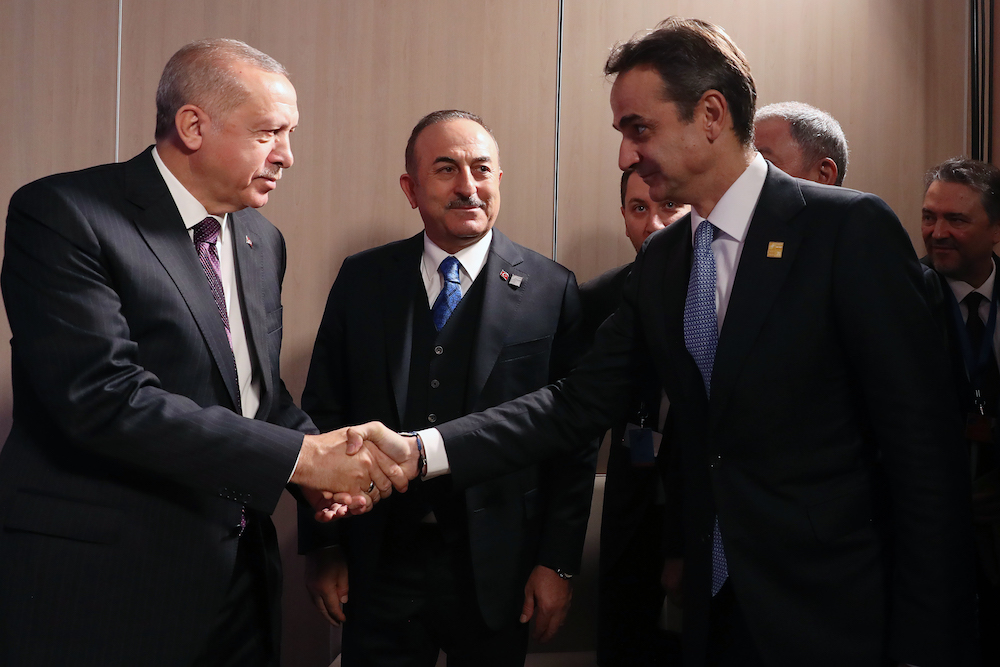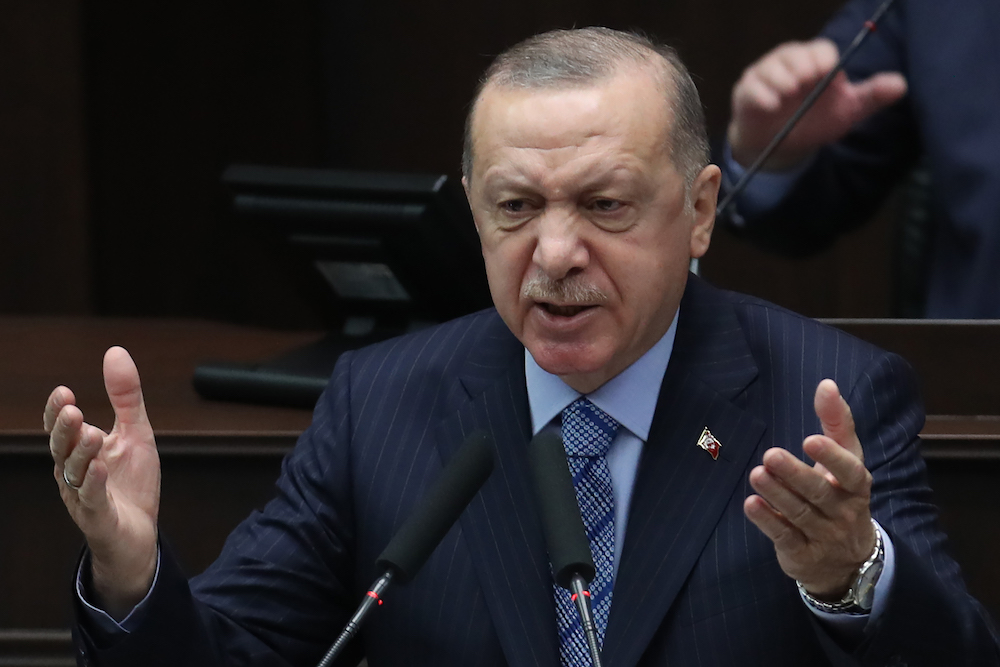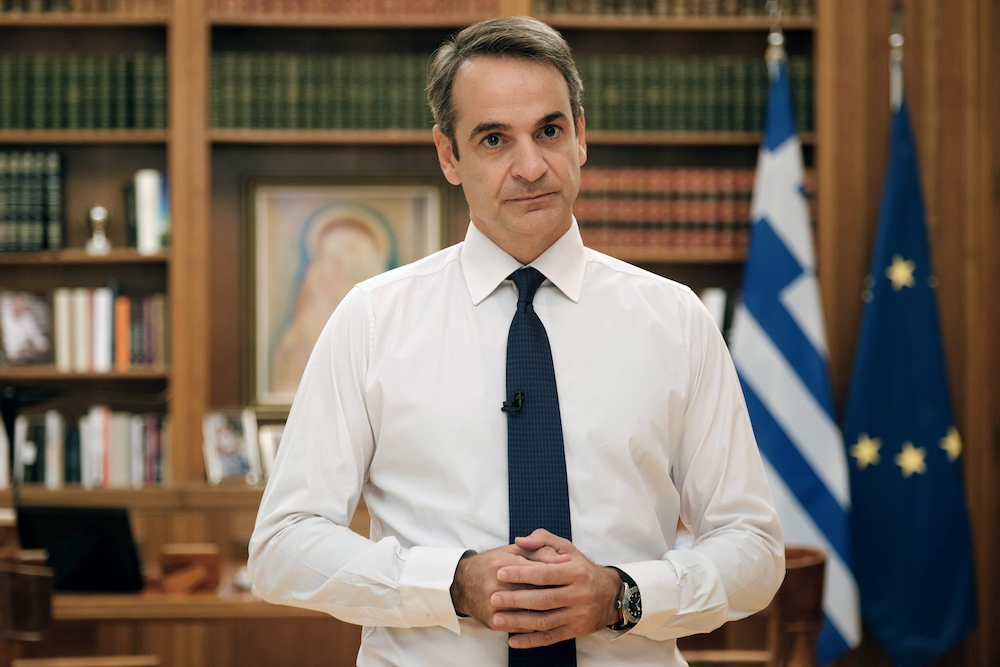UAE confirms 3,310 new COVID-19 cases, 7 additional deaths
DUBAI: The UAE on Tuesday recorded seven deaths related to COVID-19 in the previous 24 hours, and 3,310 new confirmed cases of the disease. The number of infections once against topped the 3,000 mark after dipping below it for two days.
The total number of cases in the country since the pandemic began has reached 309,649 and the death toll stands at 866. A total of 285,201 people have recovered from the virus, including 3,791 in the past 24 hours.
The health ministry said 106,615 people were vaccinated in the preceding 24 hours and that the total number of doses administered has reached 3.448 million.
Saif Al-Dhaheri, a spokesman for the National Crisis and Emergency Management Authority, said the UAE is moving steadily and confidently toward containing the pandemic and planning the recovery phase. He highlighted the success of the national inoculation campaign and said that “taking the vaccine has become an ethical duty for everyone, both citizens and residents, to help protect the health and safety of the community.”
He revealed that the inoculation rate has reached 36.04 per 100 people and added that despite the recent rise in new cases, the “UAE has the ability to deal with this increase through a flexible and efficient approach to handling developments.”
The Emirates “has the best services that any visitor or tourist can enjoy, and has succeeded in providing a safe touristic experience for its visitors of various nationalities,” Al-Dhaheri said.
Helal Al-Marri, director-general of Dubai Department of Tourism and Commerce Marketing, said the emirate “is taking steps based on the data on the ground, and we have a very clear plan in dealing with the coronavirus pandemic, and we do not take decisions based on external media reports.”
Dubai has been criticized by some countries, particularly the UK, for its increased tourism activity over the New Year holiday, which has been blamed for an increase in the number of COVID-19 cases.
Al-Marri said Dubai has the health care capabilities needed to deal with a variety of scenarios, and that hospital beds, medical equipment and medicines are all available to treat coronavirus patients.
“The Dubai government is closely following the developments of the pandemic, and each sector is considered separately to know where we should tighten measures and where we can ease some of the restrictions,” he said during an interview with CNN.
Abu Dhabi’s Hope Consortium is partnering with some of the world’s leading logistics companies to oversee the safe distribution of billions of doses of COVID-19 vaccine around the world.
The company said it will provide its “expertise, infrastructure and capabilities to meet the complex requirements of storing, transporting and demand-planning for the billions of vaccine doses, under cold and ultra-cold conditions, that are being produced globally.”
Meanwhile, Abu Dhabi Media Office said a 100km community cycling event will go ahead as planned on Wednesday “amid stringent precautionary measures.”
To encourage a healthy and active lifestyle among community members, a 100km community cycle ride is to take place in #AbuDhabi on Wednesday 3rd February at 2:30pm amid stringent precautionary measures. Participation is free and open to cyclists of all levels. pic.twitter.com/2YLJDx4W03
— مكتب أبوظبي الإعلامي (@admediaoffice) February 2, 2021
Elsewhere in the Gulf, Kuwait reported 811 new cases of COVID-19, raising the total in the country to 166,654, while the death toll rose to 960 after one more patient died from the disease.
تعلن #وزارة_الصحة عن تأكيد إصابة 811 حالة، وتسجيل 510 حالة شفاء، و حالة وفاة واحدة جديدة بـ #فيروس_كورونا_المستجدّ COVID-19 ، ليصبح إجمالي عدد الحالات 166,654 حالة pic.twitter.com/K76VPHKyXo
— وزارة الصحة – الكويت (@KUWAIT_MOH) February 2, 2021
Oman’s health ministry confirmed 161 new cases and no additional deaths related to the disease, bringing the national totals to 134,685 and 1,532, respectively.
#Statement No. 280
February 2, 2021 pic.twitter.com/0p4GE8hjcn— وزارة الصحة – عُمان (@OmaniMOH) February 2, 2021
In Bahrain the death toll stands at 376, with no deaths reported in the previous 24 hours. An additional 657 were confirmed in the country.
Out of 14104 COVID-19 tests carried out on 2 February 2021, 657 new cases have been detected among 330 expatriate workers, 321 new cases are contacts of active cases, and 6 are travel related. There 285 recoveries from #COVID19, increasing total recoveries to 99285 pic.twitter.com/GLMOKgwvEq
— وزارة الصحة | مملكة البحرين (@MOH_Bahrain) February 2, 2021

Saudi Arabia confirms 4 COVID-19 deaths and 310 new cases, the first in over 2 monthsDubai to start vaccinations with Oxford-AstraZeneca COVID-19 vaccine










